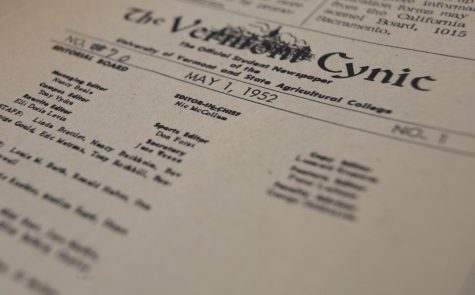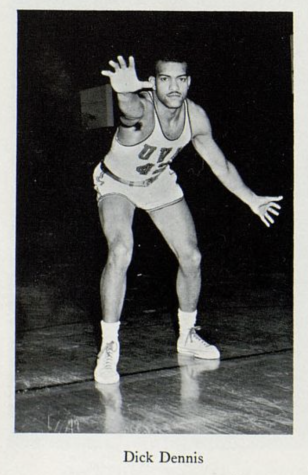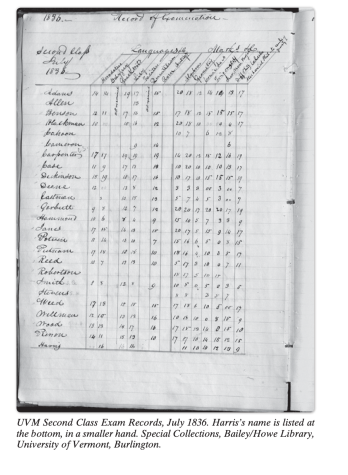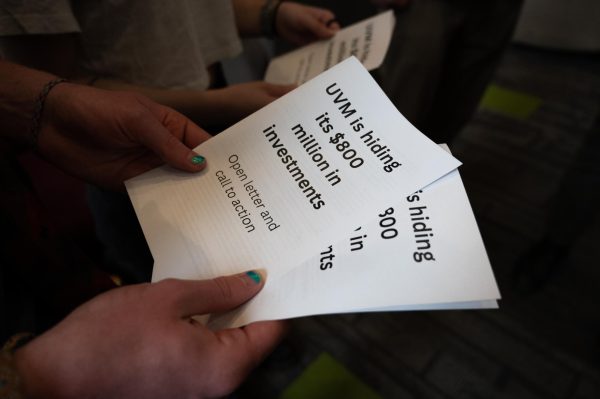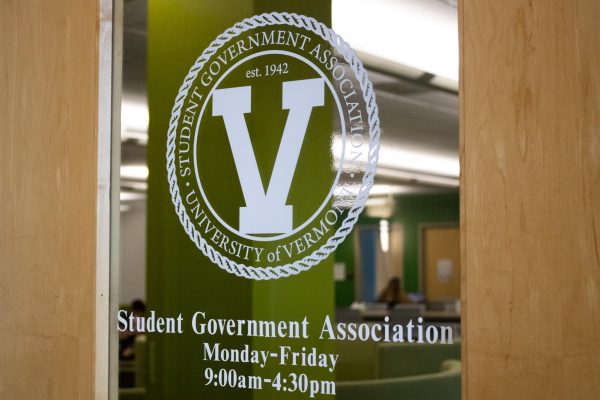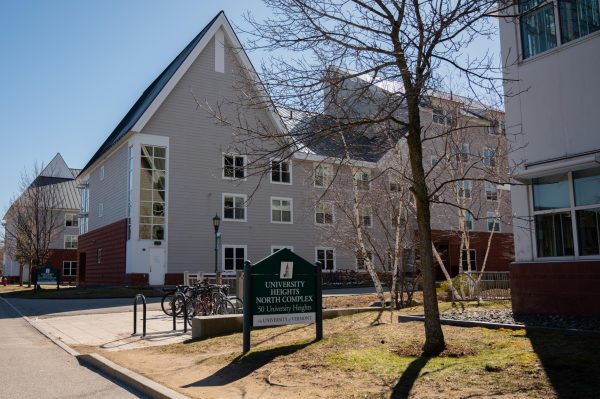SGA rethinks club financial allocation
At the end of last year the Student Government Association (SGA) took a close look at its financial model and how it allocates funds for clubs at the University.
Over the past few months, SGA has worked closely to determine whether its current financial model was working as efficiently as it should and to develop a model that would best benefit the organizations it oversees, SGA Treasurer and senior Joshua Barry said.
“We hope that by clearly defining what we will and will not support [financially] we will be able to strengthen the model and make it one that is sustainable for years to come,” he said.
The new model will encourage fundraising as a way for clubs to increase their purchasing power. The SGA will also be working with clubs and organizations to have a budget that outlines what a club actually needs. This would prevent one from being inflated or receiving resources the SGA can’t support, Barry said, which has been a recurring issue for the organizaiton.
In return, the SGA plans to increase transparency to allow clubs and organizations to see what is being allocated and why.
Barry hopes this will help the SGA make allocations consistently across the board.
“[It] allows for clubs to feel comfortable in telling us what they actually need instead of feeling as if they need to work the system in order to support themselves,” he said.
While not the same as the University’s overall push toward Incentive Based Budgeting, SGA’s new model will be a type of responsibility-based budget management.
Administrators hope IBB will incentivize departments to boost their own profits. SGA’s leaders similarly intend for the new budgeting process to compel club leaders to fundraise.
Barry said he fully supports the IBB model and feels that it will benefit to the University.
“By incentivizing units to streamline administrative tasks and raise the level of the service they provide, it helps draw more students to the University and grows not only our reputation but our academic rigor,” he said.
Some students hope this new financial model will benefit them.
Sophomore Rose Chevalier said she likes the idea of IBB but doesn’t understand the correlation between the funds allocated to clubs and the reputation and academic rigor of UVM.
“If the SGA allocates money better I think it could draw more students to UVM because the clubs prospective students want to join are receiving the funding they need to be successful,” Chevalier said.


